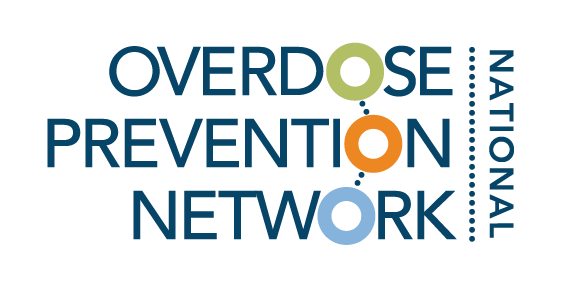
Overdose Prevention in Rural Communities
Managing Pushback
Rural communities must change how they understand, discuss, and respond to addiction if they are to win the fight against America’s spreading opioid crisis. Stigma will fade in the face of education about the negative impacts of untreated addiction on families and communities and increase the likelihood that those who need help can access it. Unfortunately, many observe the stigma coming from professionals and community members as a moral failure rather than a disease.
Related resources
Campaigns find success in decreasing the stigma around substance abuse, which is greatest in rural communities. This article details successful campaigns for decreasing the stigma around substance abuse, which is greatest in rural communities.
Responding to Objections to Overdose Prevention. “Aren’t you just enabling?” “Isn’t that just replacing one addiction with another?” “What I’m concerned about is all the needles that will stick my kid in the park.” This session delves into the theories of adult learning, why people object to overdose prevention, and how to respond to those objections.
COPN Managing Pushback to Syringe Exchange. This is a conversation about syringe exchange programs and how they can increase access to treatment programs.
Overcoming objections to MAT. This brief provides strategies for managing pushback to medication assisted treatment (MAT).
CASE STUDY
An Effective Campaign to Reduce Stigma
A campaign to reduce stigma associated with substance-use disorders has shown it can change attitudes and beliefs about people with drug addictions and increase support for overdose prevention strategies. The campaign, "Life Unites Us," also found a need to target the campaign to healthcare workers who are often the first line of contact to offer treatment for substance-use disorder. The campaign in Pennsylvania is led by Shatterproof, a national nonprofit focused on ending the nation's SUD epidemic. The company has partnered with Kentucky officials on a similar campaign. The campaign was driven by Shatterproof's research that found seven of the nine main drivers of SUDs are driven by stigma, either entirely or at least in part. To learn more, click here.


